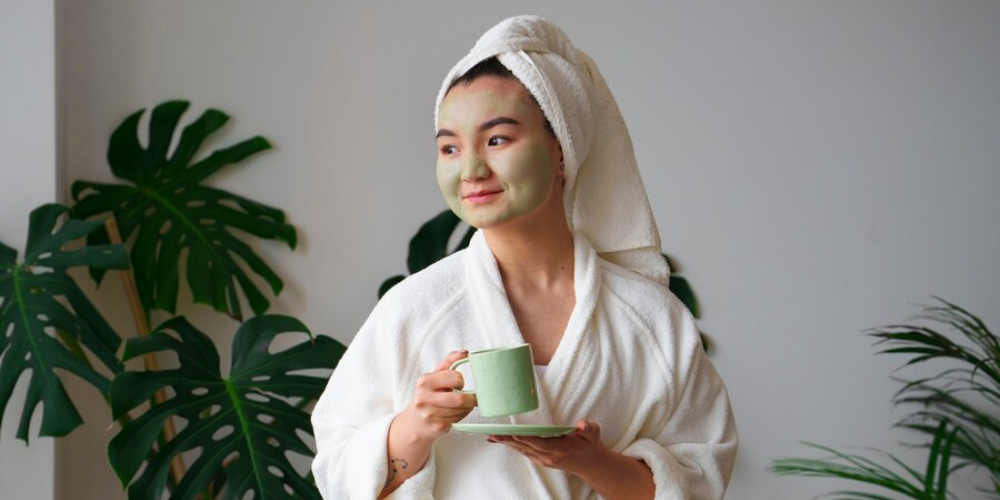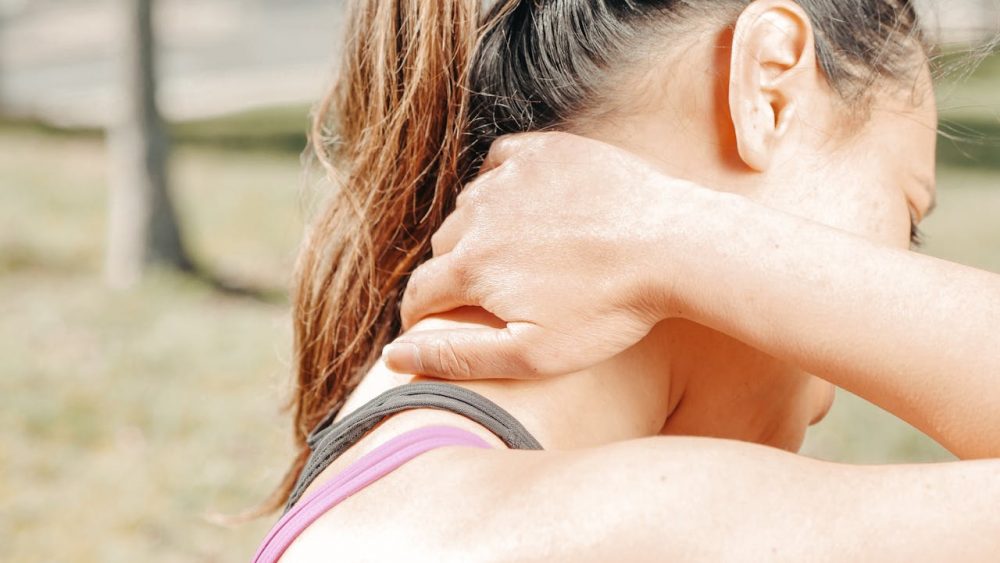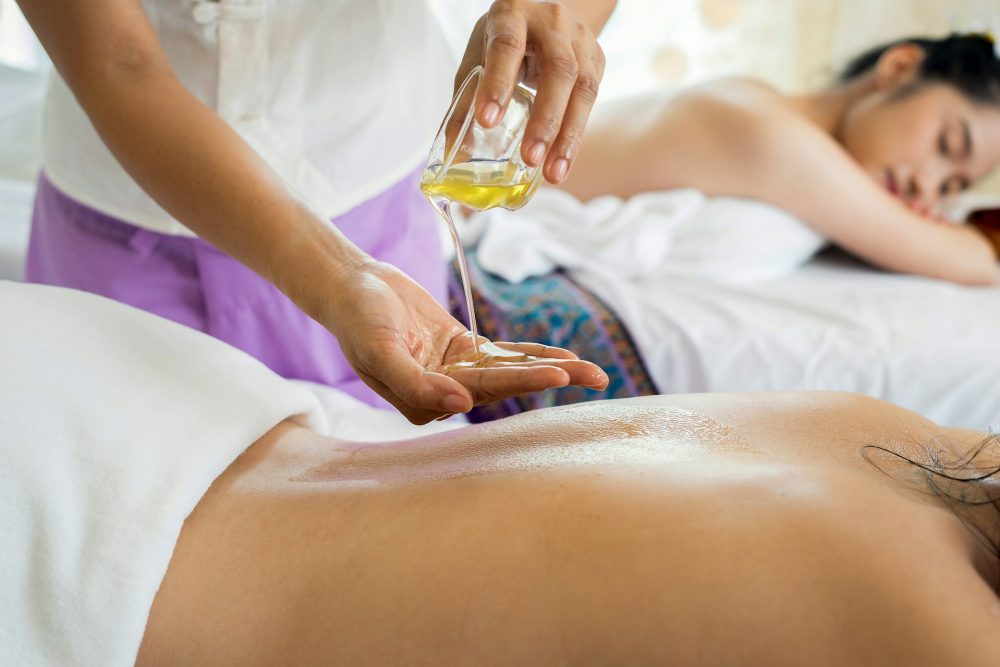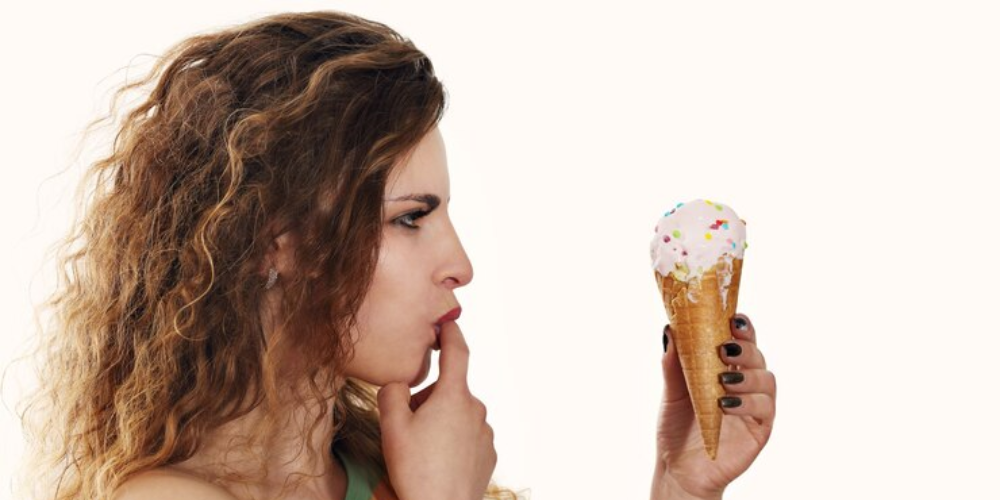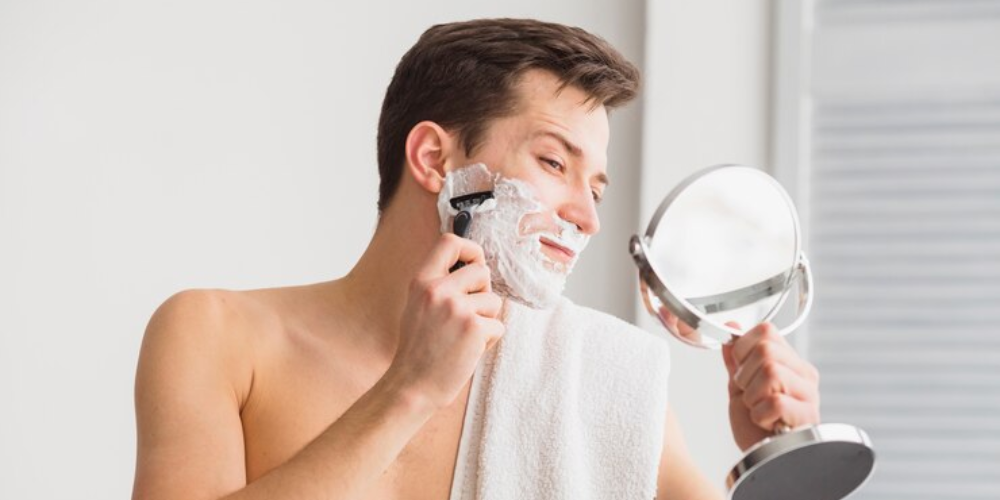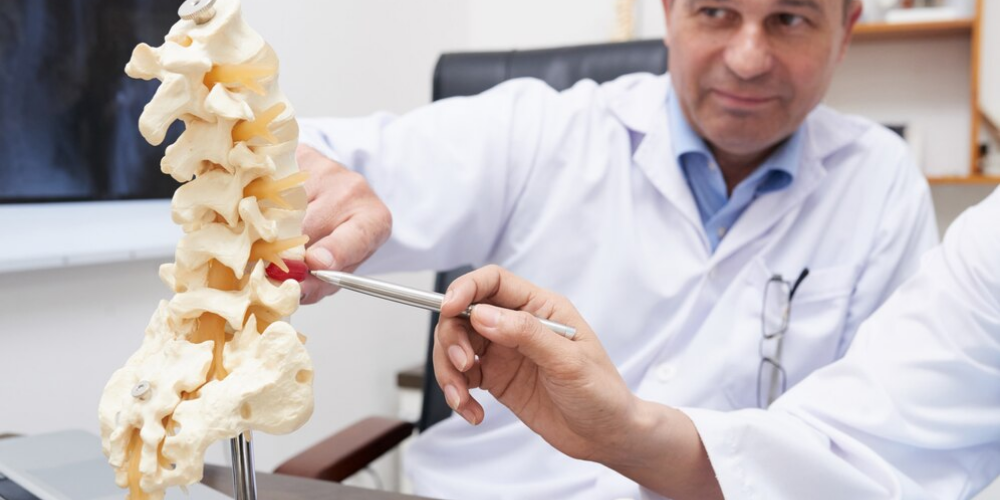We all know alcohol affects health in general, our judgment, and our lives. But, people do try and find ways to make it work. True, drinking a little here and there won’t ruin your life, but if you are trying to lose some pounds and get back in shape, it might just put a dent in those plans.
This is especially important because some people believe it is beneficial to drink for their diet, while the truth is alcohol only helps you go in the opposite way you’re trying to go. Here is how it affects our body weight and diet plans.

Element5 Digital/unsplash
Weight gain through alcohol
Alcohol contains what nutritionists call empty calories, and it contains a lot of them. Various types of alcohol have various values of those, but, for the sake of comparison, only a pint of beef has the same calorie value as a slice of greasy pizza.
A single glass of red wine has the same calorie value as an ice cream sundae. However, do not forget that people dehydrate and get hungry after heavy drinking, precisely because those are empty calories. So, people will most likely eat as well on that day, so the overall calorie intake skyrockets at that point.
Take a look at the value in calories for a 100ml amount of some popular drinks:
- Vodka 220 kcal
- Whiskey 220kcal
- Rum 220 kcal
- Beer 35 kcal
- White & Red Wine 75 kcal
- Champagne 120 kcal
- Margarita 240kcal
- Martini 205 kcal
- Gin-Tonic 90kcal
So, the first and primary reason alcohol causes weight gain is that it contains calories. The second is that these are empty calories, meaning you will be hungry soon. And, the third reason is that to metabolize alcohol, our organism will spend a lot of minerals and vitamins, meaning it will be even hungrier once it is done.

Caley Vanular/Unsplash
Dieting and Alcohol
Being on a healthy diet, especially to lose weight, doesn’t go with alcohol at all. You need approximately an hour of jogging to spend just 3 pints of beer worth of calories. And, don’t forget that alcohol is a depressant, so it slows down brain function and can make you lose the will to work out.
Last, but not least, alcohol causes the human brain to release dopamine, which is a neurotransmitter that makes us feel satisfaction and pleasure, which is what you should strive to feel after a good workout, not after drinking.



